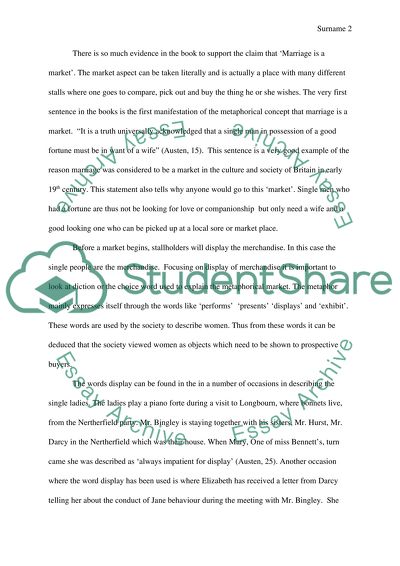Cite this document
(“Pride and Prejudice, by Jane Austene Term Paper - 1”, n.d.)
Pride and Prejudice, by Jane Austene Term Paper - 1. Retrieved from https://studentshare.org/literature/1586244-pride-and-prejudice
Pride and Prejudice, by Jane Austene Term Paper - 1. Retrieved from https://studentshare.org/literature/1586244-pride-and-prejudice
(Pride and Prejudice, by Jane Austene Term Paper - 1)
Pride and Prejudice, by Jane Austene Term Paper - 1. https://studentshare.org/literature/1586244-pride-and-prejudice.
Pride and Prejudice, by Jane Austene Term Paper - 1. https://studentshare.org/literature/1586244-pride-and-prejudice.
“Pride and Prejudice, by Jane Austene Term Paper - 1”, n.d. https://studentshare.org/literature/1586244-pride-and-prejudice.


